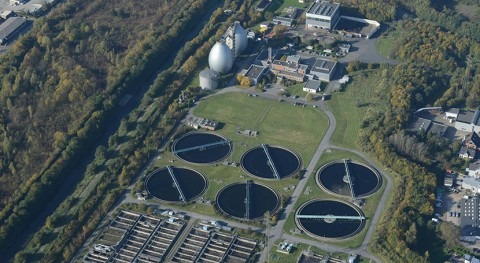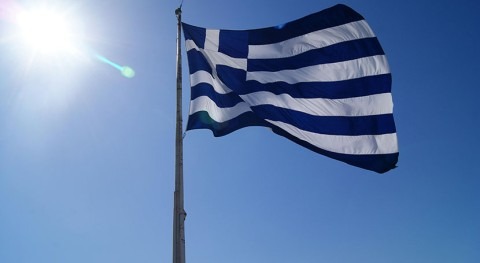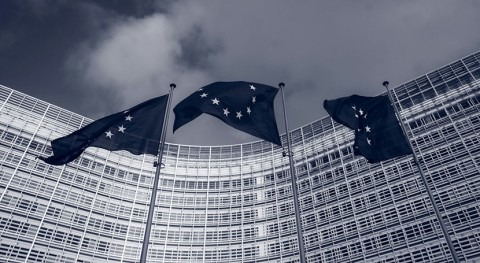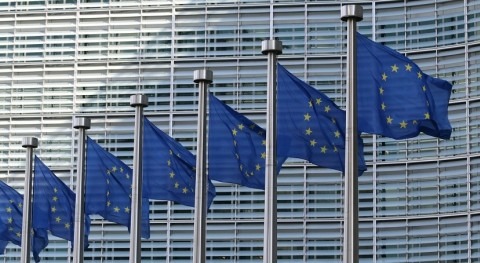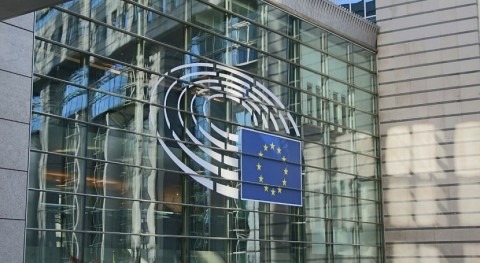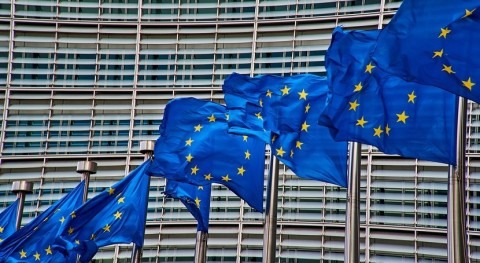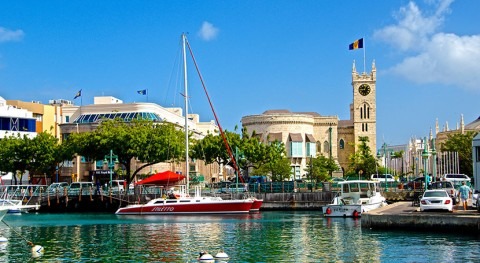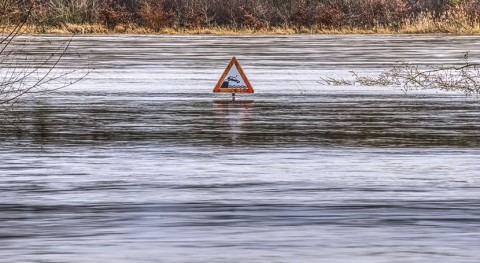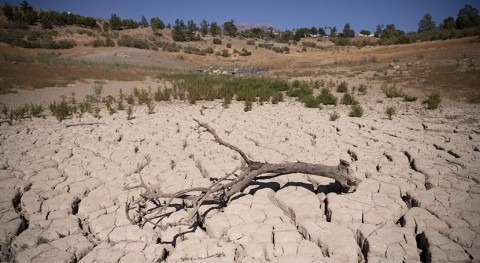The European Commission has urged Belgium, Greece, and Sweden to ensure that urban waste water is adequately collected and treated, as required by Directive 91/271/EEC on the treatment of urban waste water.
The Directive protects both water quality and human health by requiring that Member States collect and treat their urban waste water before it is discharged into the environment. For agglomerations of 2,000 people or more, the treatment requires not only elimination of solid matter but also the breaking down of the organic substances by using bacteria.The latest information on compliance received from Belgium revealed that not all water was treated properly in 12 agglomerations.
Belgium is asked to ensure full compliance with the Directive. The data provided by Greece reveals that in 289 agglomerations urban waste waters are not properly collected and thus are also not properly treated before being discharged. Eight of these agglomerations are discharging in sensitive areas.
Greece is also relying to a great extent on ‘Individual and Appropriate Systems' (e.g. septic tanks) without, however, fulfilling the requirements of the Directive for those. During the investigation of another case against Sweden for non-compliance with the Urban Waste Water Treatment Directive which is pending before the Court of Justice of the European Union, it became clear that Sweden had transposed incorrectly a number of rules of the Directive, including on the measuring of treatment parameters. Therefore, the Commission is issuing a letter of formal notice to all three countries.
The countries now have four months to reply. Otherwise, the Commission may decide to send a reasoned opinion.





